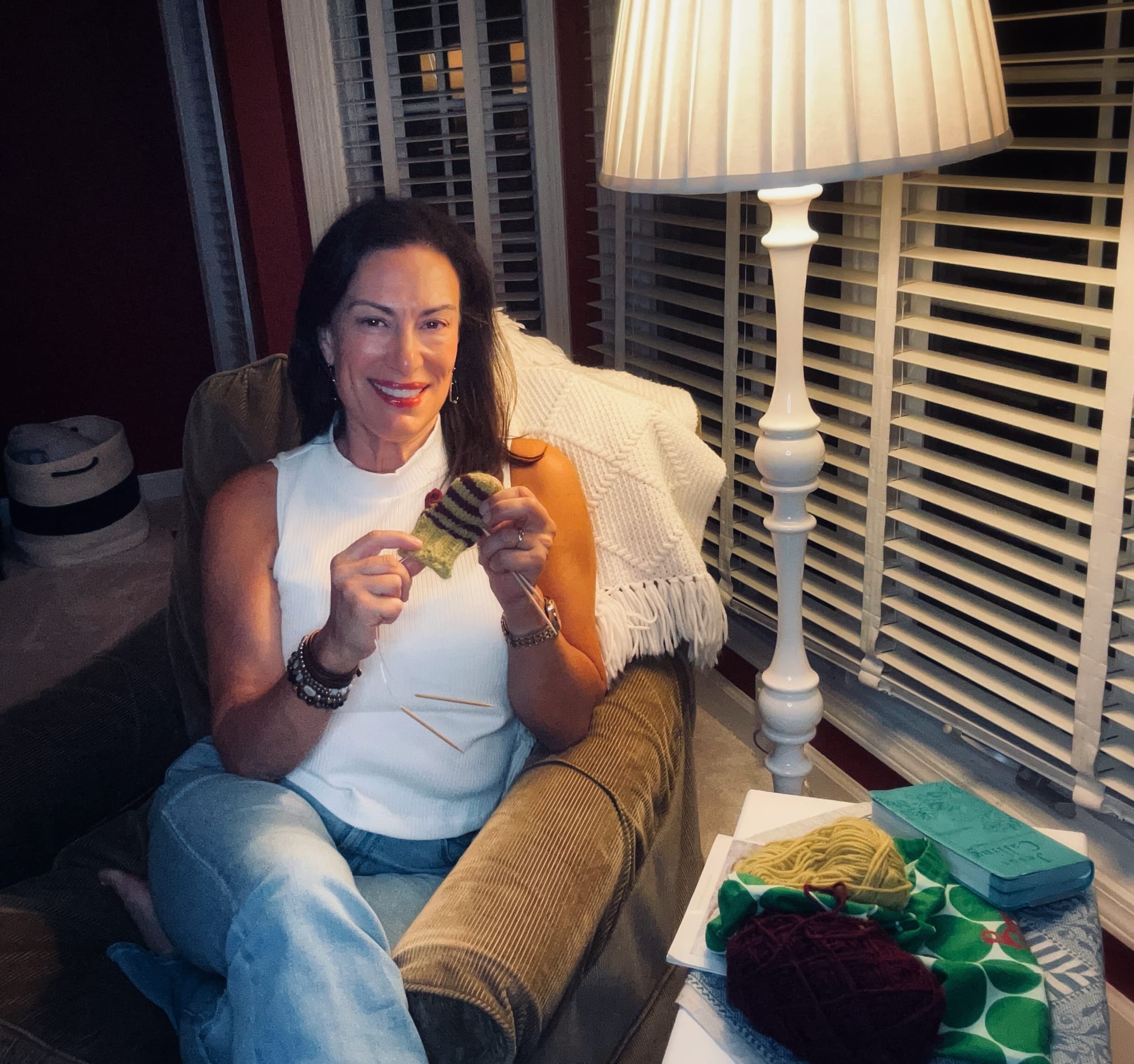When I taught third grade, there were many memorable students. I remember “Charlie. ”He was a little boy with a very kind heart and even at age eight, a mind that liked to solve problems. I remember one extra afternoon recess when he asked me for some masking tape. I let him borrow it and then when we got outside, got side tracked with some other students. I looked across the playground and saw Charlie helping a classmate, with what looked like cartwheels. It didn’t look good so I ran over to see what was going on.
“Guys, what’s going on?”
“Mrs. Burau, Meredith doesn’t know how to do a cartwheel, I think the problem is her legs, I think they need to stay straight, that’s why I borrowed your tape to tape her knees from bending. She couldn’t do it at lunch time either, so I thought this might help her.”
You had to love Charlie’s effort in helping “Meredith.” My observation on Meredith was that she was not a confident third grader. She was quiet, liked to keep to herself and I often tried to include her in conversations as she wouldn’t participate in classroom discussions unless she was gently pulled in. Meredith actually looked pleased that someone had helped her. The other girls were doing cartwheels and she couldn’t do them and apparently felt left out. It would not have been appropriate to call Charlie out, as his intention was truly good, but clearly the best solution was for Meredith to learn herself how to do cartwheels. It’s that engineer mind that ‘wanting to fix’ the problem, I admired that in Charlie. That is a good quality to have and is a very helpful skill. The solution in my mind was for Meredith to learn how to do cartwheels without her knees taped. A group of girls were tumbling on the grass. I call them over and asked them to teach Meredith how to do cartwheels.. “Girls, would you mind teaching Meredith?” “Sure Mrs. Burau, we can do that”…Teach a man (or girl) to fish (or flip cartwheels…
We often think we need to feed people and fix things and sometimes, we do. Think of the help organizations like The Red Cross and Samaritan’s Purse provide when disasters hit. In storms and tragedies, a “triage” setup is necessary to fix feed and solve problems in dire situations where decisions are made in split seconds.
However, stopping the bleeding, fixing the problem, taping the knees are quick fixes. They may solve a temporary problem or save someone’s life, but sometimes a longtime solution is necessary. You may remember the saying, “Give a man a fish, he’ll eat for a day, teach a man to fish and he’ll eat for lifetime,” teaches a philosophy, that empowers people to take control of their own lives. When we look at problems in our lives and others, sometimes a quick fix is all that’s needed, but when we ourselves or others are faced with big problems, it’s important to take a step back and look at the situation from the outside looking in. We may need to ask some questions such as “how serious the problem and then “is the problem a symptom of something else? It all starts with recognizing the problem and then asking the questions above.
Last week I mentioned a book written by Dr. Casey Means, Good Energy when I thought of the fish concept this week. It made me think of the philosophies Dr. Means discusses in her book towards food and life. Dr. Means discusses looking at the body as a whole rather than as many separate systems, we can look at situations in life like this took looking at our whole life when problems occur to see where there come from, how we can fix and how we can learn from them, as well how we function across-the-board.
At a time when so, many people are plugged into their technology with short attention spans, are easily entertained for 15 second clips, yet anything longer causes them to lose interest. How about turning off the phones when we have a problem, turning off the television, turning off the music and assessing our problems, asking where they’re coming from what’s causing them? When we carefully look at the problems in our life, assessing what is causing them, the more likely we are to come up with long term solutions that will last many years, possibly even a life time…Making for many a Great Days. 🐠







